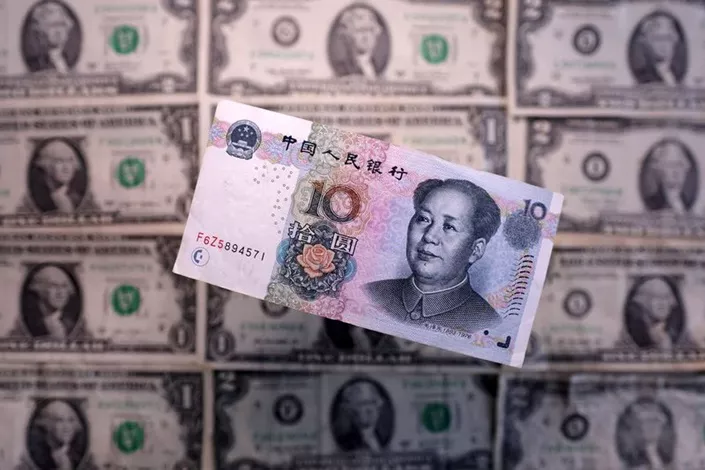Credit markets in Asia experienced turbulence on Monday as recession concerns spread across financial markets, causing the cost of insuring against corporate and sovereign defaults to rise.
The five-year credit default swap spread on the Markit Itraxx Asia ex-Japan index, which tracks both sovereign and corporate debt, increased by approximately 26 basis points. This marked its highest level since August of the previous year, according to S&P Global data.
Sovereign spreads for countries including China, Vietnam, Indonesia, Thailand, and Malaysia also widened, reflecting growing concerns about economic stability, the data showed.
Interestingly, the pressure on credit markets followed, rather than led, a sharp decline in global stock markets. This shift came after U.S. President Donald Trump escalated the trade war by imposing the highest tariffs on U.S. imports in over a century, triggering a wave of market uncertainty.
By mid-session in Asia, U.S. equity futures were down nearly 4%, and credit markets followed suit, with equities in markets from Hong Kong to Sydney experiencing heavy losses.
Simon Ward, Head of Debt Capital Markets for Australasia at Mizuho in Sydney, noted, “It’s not just the equity market. We’ve seen credit spreads widen significantly, and we’re also hearing of fund flows moving in the opposite direction, with investors seeking cash or other commodities.”
Ward suggested that the debt market could enter a “wait and see” phase, with many deals on hold as volatility continues to rise.
Since Trump’s tariff announcement, the spread between U.S. Treasuries and the Ice BOFA index of U.S. investment-grade debt has widened by about 20 basis points, while high-yield U.S. debt spreads have increased by approximately 96 basis points.
As the financial landscape grows increasingly uncertain, investors remain cautious, awaiting further developments.
Related Topics:


